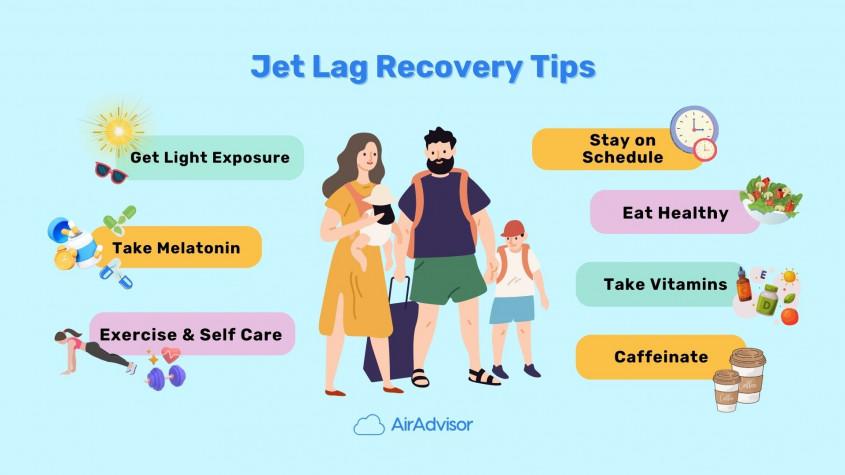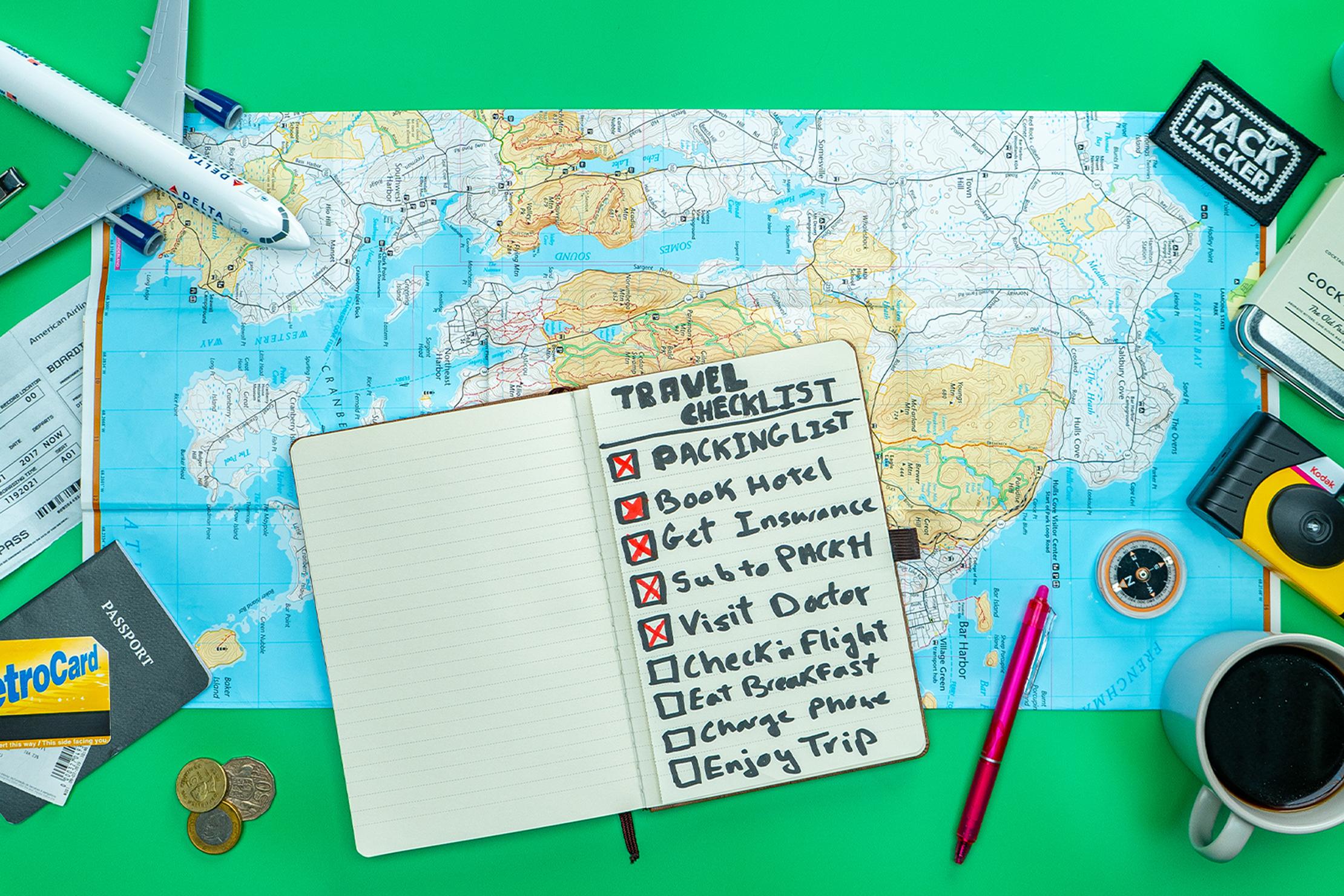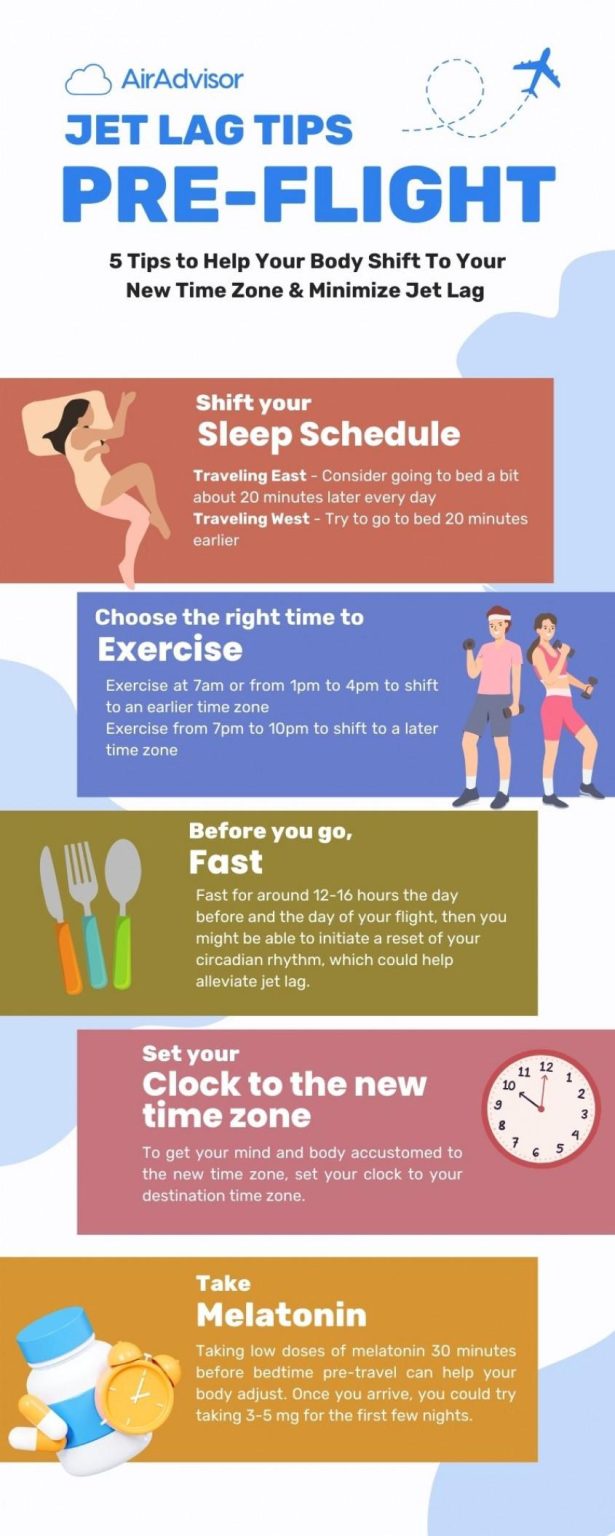Traveling to new destinations can be an exciting adventure, but it often comes with the unwelcome companion of jet lag. This common issue affects many travelers as they cross multiple time zones, leading to fatigue, disorientation, and disrupted sleep patterns. Fortunately, there are several effective strategies that can help minimize the impact of jet lag and make your journey more enjoyable. In this article, we’ll explore practical tips that you can implement before, during, and after your travels to help prevent jet lag and ensure you arrive at your destination feeling refreshed and ready to explore.
Table of Contents
- Understanding Jet Lag and Its Causes
- Preparing Your Body Before Travel
- Implementing Strategies During Your Flight
- Adjusting to the New Time Zone Upon Arrival
- Wrapping Up
Understanding Jet Lag and Its Causes

Jet lag occurs when your body’s internal clock is out of sync with the local time at your destination. This disruption often happens when you travel across multiple time zones, causing a range of symptoms that can affect your overall travel experience. The primary cause of jet lag is the sudden change in light exposure that your body experiences, leading to difficulties in sleep, mood disturbances, and a general feeling of fatigue. Other factors such as your travel routine, age, and individual health can also exacerbate the symptoms.
Several factors contribute to the severity of jet lag, including the number of time zones crossed and the direction of travel. Generally, traveling east tends to be more challenging due to the loss of hours, while traveling west may feel somewhat easier. Key contributors to the intensity of jet lag include:
- Crossing multiple time zones – The more zones you traverse, the more likely you are to experience symptoms.
- Time of travel – Night flights can disrupt your usual sleep-wake cycle.
- Sleep deprivation – Lack of sufficient rest before and during travel can worsen effects.
- Alcohol and caffeine – Both can impair sleep quality and hydration levels.
Preparing Your Body Before Travel

Before embarking on your journey, taking proactive steps to prepare your body can significantly reduce the effects of jet lag. Start by adjusting your sleep schedule a few days prior to departure. Gradually shift your bedtime and wake-up time to align with your destination’s time zone. This gradual transition helps your body acclimatize better. Additionally, consider incorporating the following practices into your pre-travel routine:
- Stay Hydrated: Drink plenty of water before your flight to prevent dehydration.
- Limit Caffeine and Alcohol: Both can disrupt your sleep cycle; it’s best to reduce their intake before travel.
- Eat Balanced Meals: Focus on nutritious foods that provide sustained energy; avoid heavy meals that can lead to fatigue.
Engaging in light exercise on the day before your trip can also help your body remain alert. Activities such as walking or stretching can boost circulation and improve your mood, making it easier to handle long flights. Furthermore, consider mapping out a simple routine for your body’s internal clock adjustment, which can be illustrated as follows:
| Current Time | Suggested Activity | Notes |
|---|---|---|
| 2 days before travel | Sleep 1 hour earlier | Slow adjustment to destination time zone |
| 1 day before travel | Engage in light exercise | Boosts endorphins and aids relaxation |
| Day of travel | Drink water regularly | Maintain hydration during flights |
Implementing Strategies During Your Flight
Maximizing your time in the air can significantly influence how you adapt post-flight. To start, consider adjusting your sleep pattern to align with your destination’s time zone before you even board. For instance, if you’re traveling east, try going to bed an hour earlier each night as your departure approaches. During the flight, stay hydrated by drinking plenty of water and avoiding excess caffeine and alcohol, which can dehydrate you and disrupt your sleep cycle. You can also set your watch to your destination’s time upon takeoff, allowing your mind to begin acclimating to the new schedule.
In-flight exercises can stimulate circulation, helping to reduce feelings of fatigue. Simple stretches or walking up and down the aisle occasionally can keep your blood flowing. Creating a comfortable sleep environment is essential as well. Use noise-canceling headphones or earplugs to block out distracting sounds and an eye mask to keep your surroundings dim. Consider bringing a travel pillow to support your neck and promote better sleep. These combined strategies will help minimize the effects of jet lag and make your arrival at your destination feel fresher and more energized.
Adjusting to the New Time Zone Upon Arrival
Upon landing in a new time zone, it’s crucial to embrace the local time quickly to minimize the effects of jet lag. One effective method is to stay awake until the local bedtime. If you arrive in the morning or early afternoon, resist the urge to nap. Instead, engage in light activities or explore your surroundings. This will help recalibrate your internal clock. Additionally, consider adjusting your eating schedule to align with the new time zone as soon as possible, as meal timings influence your body’s circadian rhythm.
Another key strategy is to expose yourself to natural light. Sunlight helps regulate sleep-wake cycles and can significantly expedite your adjustment process. Make a conscious effort to spend at least 30 minutes outdoors during daylight hours, especially in the morning. If you’re traveling to a destination with a vast difference in hours, a simple table of your new local schedule can be beneficial:
| Local Time | Activity |
| 6:00 AM | Wake up & Breakfast |
| 9:00 AM | Sunlight exposure |
| 12:00 PM | Lunch |
| 3:00 PM | Light activity or walk |
| 7:00 PM | Dinner |
| 10:00 PM | Bedtime |
Wrapping Up
jet lag doesn’t have to derail your travel plans. By incorporating these effective tips into your journey, you can minimize its effects and make the most of your time away. Remember to adjust your sleep schedule before you go, stay hydrated during your flight, and give your body time to acclimate after arriving at your destination. With a little preparation, you can enjoy a more restful, energized travel experience. Safe travels!



